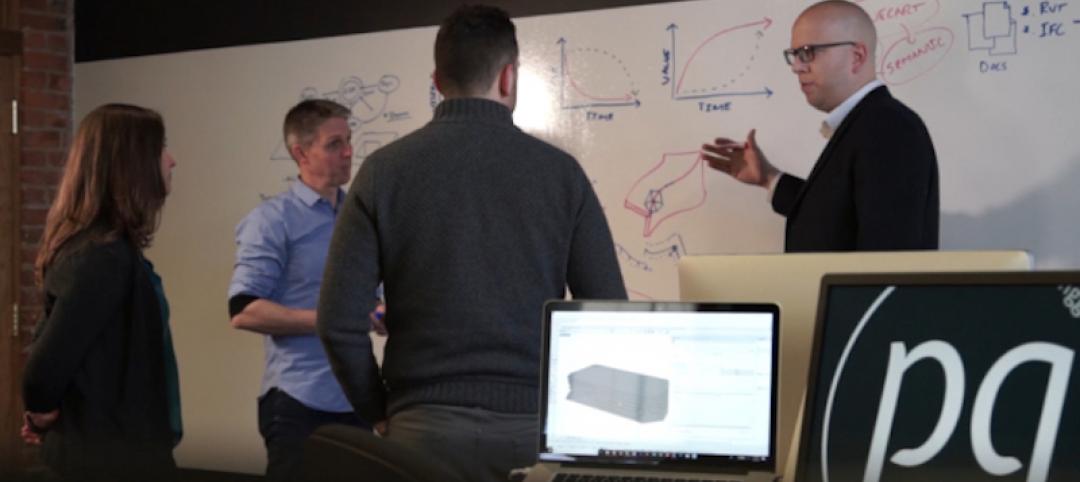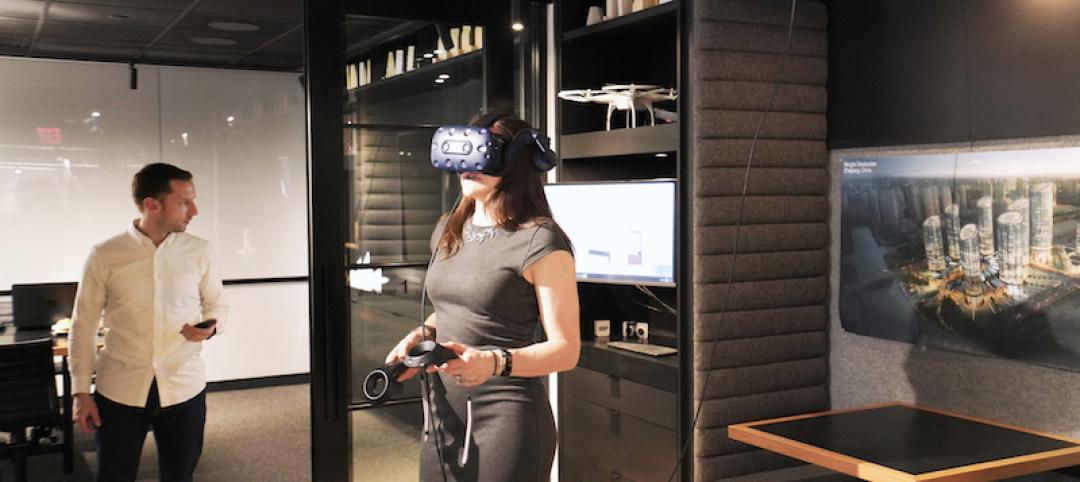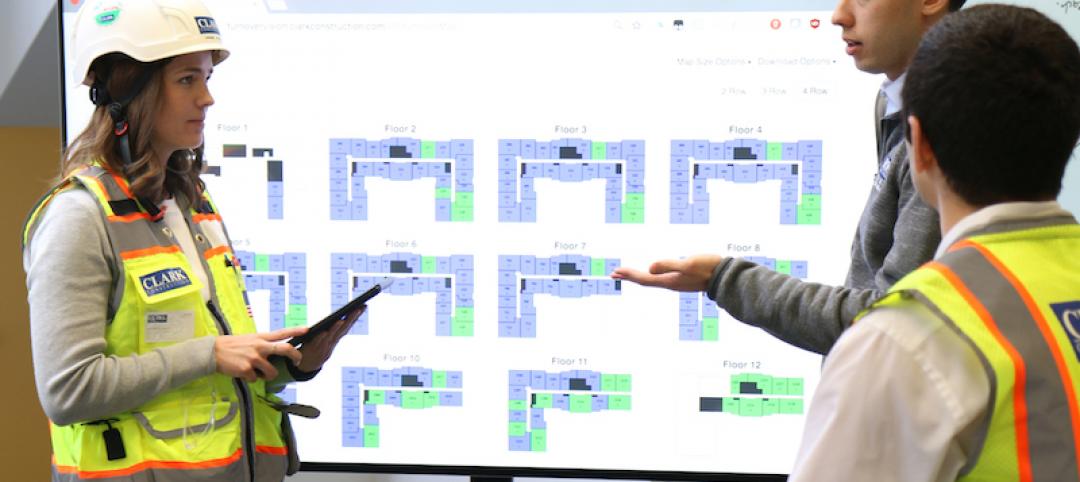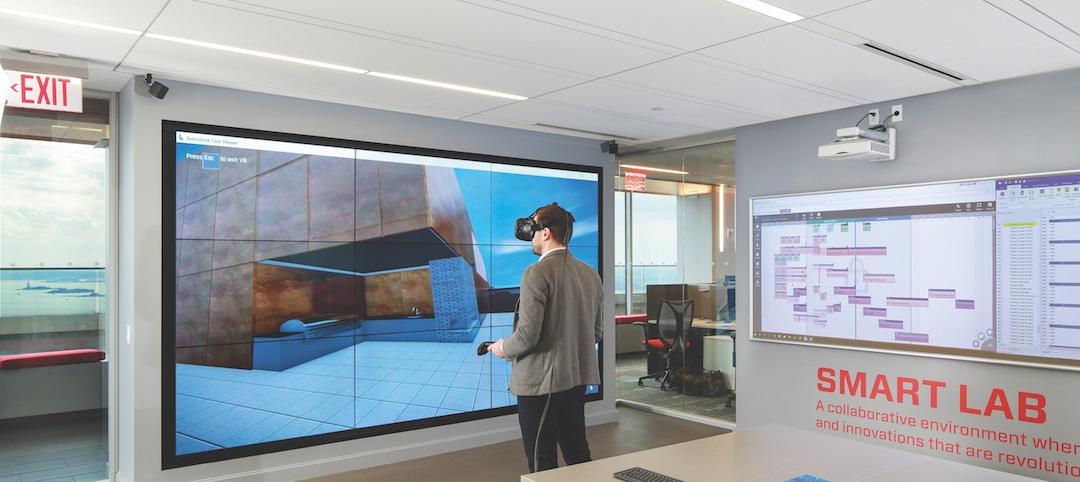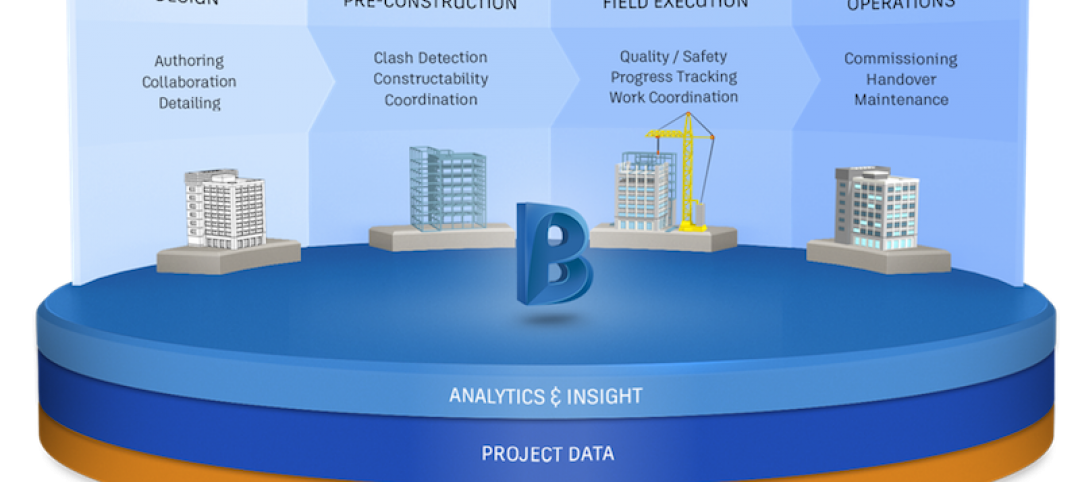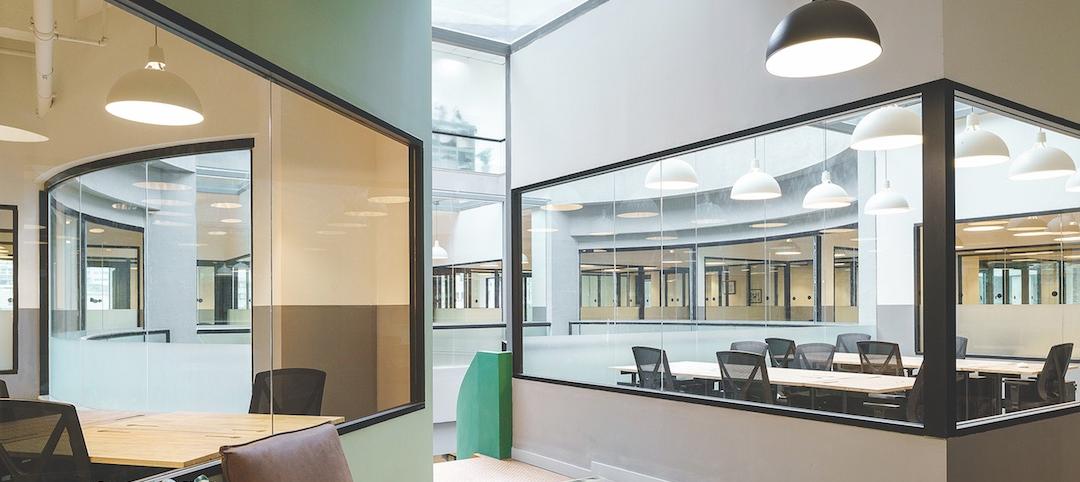In keeping with an aggressive business plan focused on software development for the construction industry, Autodesk has made two key acquisitions that it hopes will broaden its construction management platforms.
Today, the company says that it has completed its $875 million cash acquisition of PlanGrid, a seven-year-old startup based in San Francisco, which provides construction productivity software that enables GCs, subcontractors, and owners to have real-time access to project plans, digital blueprints, punch lists, work tasks, progress imagery, daily field reports, and submittals.
Also today, Autodesk discloses that it has signed a definitive agreement to acquire BuildingConnected for $275 million in net cash. San Francisco-based BuildingConnected was founded in 2012, and has grown to become the largest digital network of construction professionals, with more than 700,000 people in its database. Its cofounder Dustin DeVan had been a general contractor before starting the company, which currently has about 180 employees.
BuildingConnected helps owners and GCs find and hire qualified contractors for their projects. It moves Autodesk into preconstruction planning to help contractors decide which subs and suppliers to go with. It includes TradeTapp, a subcontractor risk analysis platform; and Bid Board Pro, a platform that helps subs manage and win more bids. BuildingConnected’s customers include such contractor giants as Turner, McCarthy, Mortenson, StructureTone, Skanska, Clark, Ryan Companies, and AECOM.
(Autodesk has taken a particular interest in developing products that get subs more involved earlier in projects. At its recent Autodesk University event in Las Vegas, Autodesk showcased its strategic alliance with eSub Construction Software, a cloud-based system of record for trades to plan and track their employees’ productivity. eSub is the field data component within Autodesk’s BIM 360 platform.)
Its latest acquisition “provides an opportunity for Autodesk and BuildingConnected to connect every business in the construction industry, becoming the definitive source of information throughout the sector,” says Jim Lynch, Vice President and General Manager, Autodesk Construction Solutions. “Our tools empower all stakeholders with greater visibility and better information to make immediate decisions. We’re excited about creating a robust digital marketplace for the global construction industry, helping to boost productivity, while lowering cost and risk.”

BuildingConnected has 700,000 trades in its database, and helps contractors select the best subs and suppliers for their projects. Image: Autodesk
A late bloomer when it comes to implementing technology, the construction sector is now embracing tech to help manage projects at a time when the industry is grappling with labor shortages and other factors that cause 70% of construction projects to be delivered late and/or over budget.
Capturing, analyzing, and disseminating design- and construction-related data are the primary objectives of Autodesk’s product development and expansion strategies. “We are trying to completely digitize the construction process all the way from design to build,” Andrew Anagnost, Autodesk’s evangelical CEO, tells Forbes. “With the completion of [the purchase of] BuildingConnected, we feel we have acquired all the important assets we need to acquire.”
Clayco, the design-build firm, chose Autodesk BIM 360 and PlanGrid to help digitize each step of the construction process in order to accelerate project delivery, reduce risk and increase productivity. “I’m excited to see how Autodesk and PlanGrid will work together to encourage collaboration between the project team and owners from the time a building is conceived, all the way through to handover,” says Bob Clark, Clayco’s founder and CEO.
Autodesk expects PlanGrid to contribute approximately $100 million in annual recurring revenue. Autodesk does not project any ARR from its acquisition of BuildingConnected.
Related Stories
Architects | May 14, 2018
4 tactics for our digital transformation
While our technology is becoming more advanced, the fundamental processes at the core of design and construction businesses have largely remained unchanged for decades.
Virtual Reality | May 8, 2018
‘Bespoke’ VR apps give Woods Bagot an edge in presenting design ideas
The architectural firm is finding that some clients respond quicker to proposals as a result.
Architects | Apr 16, 2018
Is the AEC industry ready to shake off its retrograde image?
Technology has been and always will be perceived as a source for wonder and worry.
Building Technology | Apr 10, 2018
A jobsite dashboard is helping Clark Construction take the drudgery out of managing punch lists
Turnover Vision is the latest example of Clark digitizing its construction management process.
Contractors | Apr 9, 2018
Tech Report 5.0: Smart(er) Jobsites
Real-time construction analysis, just-in-time materials delivery, digital production planning systems—these are just a few of the novel approaches construction firms are implementing to take control of their jobsites.
Building Technology | Apr 9, 2018
Autodesk opens its Forge platform, encouraging more suppliers to build onto it
The goal is to further streamline the construction process, from design to commissioning.
Architects | Apr 5, 2018
Tech Report 5.0: The Human Touch
Can studying humans at a behavioral level produce better buildings? Cognitive architecture experts are working to find out.
Building Technology | Apr 4, 2018
Tech Report 5.0: Digital Immersion
Indoor digital media changes the identities of buildings by stimulating occupant interaction.
Building Technology | Apr 3, 2018
Tech Report 5.0: AI Arrives
From construction scheduling to risk management, AEC firms see promise in budding artificial intelligence platforms geared for commercial building projects.
Building Technology | Mar 1, 2018
Small construction businesses will continue to lag other sectors in tech spending this year
A survey of 800 companies found tepid interest overall in investing in “big data.”



